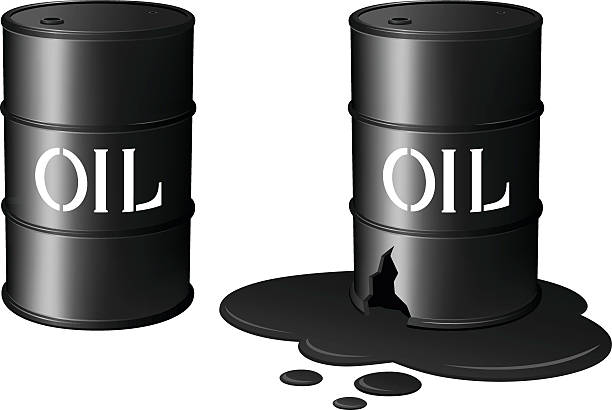Spill Prevention

TWU has developed and implemented a Spill Prevention Control and Countermeasures Plan (SPCC plan) for the Denton campus in accordance with University Regulation and Procedure Number 04.430.
The SPCC plan focuses on potential spills of oil, including animal and vegetable oils, and other petroleum-based products and establishes procedures to reduce the likelihood of spills, as well as procedures for spill response by TWU employees.
TWU’s SPCC plan includes the following:
- Description of oil/petroleum product storage locations
- Description of secondary containment or other structural controls for oil storage locations
- Maps and tables indicating where an accidental release would migrate from the oil storage locations
- Required operating procedures
- Spill response procedures
- Description of historic spills/releases
An electronic copy of the Spill Prevention Control and Countermeasures Plan is available online, and the original signed copy is maintained in the Office of Environmental Health & Safety.
Overall Strategy
Spill PREVENTION is achieved through the installation of required equipment, timely repair of malfunctioning systems, regular inspections, and good oil handling practices. Spill CONTROL is achieved through monitoring of leak detection systems, proper reporting, and ensuring containment systems are functional. Spill COUNTERMEASURES are achieved through quick spill response activities.
Housekeeping
It is the responsibility of TWU employees to keep their work areas clean at all times. Spills, no matter how small or insignificant, should be cleaned up immediately in accordance with proper procedures and the material’s Safety Data Sheet (SDS), if it can be done safely. To access the SDS, use the TWU CampusOptics Safety Data Sheet Portal and use the "Search" feature. Immediately report large spills/leaks (see below for Spill Response). Sorbent materials used to clean small spills shall be properly disposed as hazardous waste. Contact EH&S for assistance by calling 940-898-4001, ext. 3, or emailing risk@twu.edu.
Materials Storage
Oils and other chemicals must be stored such that a spill or leak cannot reach floor drains or the environment. If containers are stored outside or in areas with floor drains, adjacent doors leading outside, etc., you must use a “spill pallet” or similar containment device or structure. The containment device or structure must be able to contain the entire contents of the largest container, or 10% of all containers, whichever is larger. Containment that is outdoors must also have additional capacity for rainfall if not covered.
Spill Response
If you observe a spill, leak, or other release:
- Contact the TWU Police Department (940-898-2911) if there is an imminent threat of fire or other life-threatening situation.
- Identify the source of the leak or spill and attempt to stop the flow of material, if practicable without endangering yourself or others! If there is any question about your ability to respond safely, LEAVE THE AREA and instruct others to do the same.
- The SDS will list specific cleanup procedures and Personal Protective Equipment (PPE) for the material.
- If the spill is beyond the capabilities of TWU personnel or equipment, contact EH&S (940-898-4001, ext. 3) or FMC (940-898-3131), who will obtain outside cleanup assistance.
- Place sorbent materials or drain covers to prevent oil from reaching navigable waters or sanitary sewer/floor drains.
- Even if there are no drains nearby, sorbent materials should also be placed down-gradient as necessary to contain spill/leak.
- Cordon off the area if necessary to prevent personnel and traffic from entering the area; contact the TWU Police Department for assistance with traffic/crowd control (940-898-2911).
- Contact EH&S/FMC for ALL spills outdoors, and for large spills indoors (generally greater than 1 gallon). Call EH&S during normal business hours (940-898-4001, ext. 3) and the FMC Central Plant (940-898-3170) during other times.
Training
TWU employees who handle significant quantities of petroleum products or oils, or supervise those who do (including students working with oils in labs/kitchens or contractors delivering or picking up waste oils), must receive annual SPCC training. This training is available from EH&S in classroom settings, or under the EH&S organization in Bridge.
Page last updated 9:58 AM, November 21, 2023